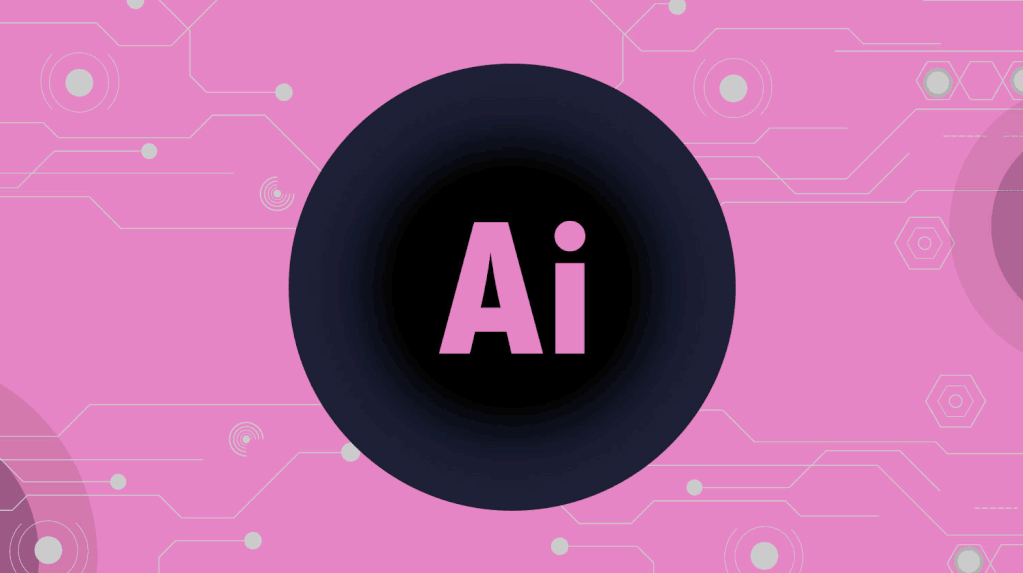Buffett reveals AI fears, unskippable GEICO, and unstoppable rise in cyber risks
Several key insights emerged from Berkshire Hathaway’s annual shareholder meeting on Saturday, particularly regarding AI, car and cyber insurance, and climate change.
AI
“I don’t know anything about AI. That doesn’t mean I deny its existence or importance or anything of the sort,” said Warren Buffett, who drew an analogy to the historical development of nuclear weapons. “Last year I said that we let the genie out of the bottle when we developed nuclear weapons, and that genie has now been doing some terrible things lately. The power of that genie scares the hell out of me, and other than that, I don’t know any way to get the genie back in the bottle. AI is somewhat similar. It’s partway out of the bottle and it’s enormously important. It’s going to be done by somebody, so we may wish we’ve never seen anything from that genie, or it may do wonderful things. I’m certainly not the person that can evaluate that.”
Buffett shared an example that made him “a little nervous.” He saw an image of himself on a screen; it was his voice and he was wearing the kind of clothes he would wear, and his wife or daughter wouldn’t have been able to detect any difference. It was delivering a message that in no way came from Buffett. Now, Buffett acknowledged that scamming has always been part of the American scene, but that investing in scamming—it’s going to be the growth industry. “I don’t have any advice on how the world handles it because I don’t think we know how to handle what we did with nuclear genies.”
GEICO
Berkshire’s Ajit Jain shared that one of the drawbacks that GEICO has faced is that it hasn’t been doing as good a job at matching rate with risk, segmenting, and pricing products based on risk characteristics. “This has been a disadvantage at GEICO for a few years now. We are still trying to play catch-up. Unfortunately, technology is a bottleneck, but we are making progress.” Equally importantly, said Jain, is that GEICO has hired people who are much better than what they’ve inherited in terms of data analytics, pricing, and slicing data. “So yes, I recognize we are still behind. We are taking steps to bridge the gap and, hopefully—certainly—by the end of 2025, we should be able to be along with the best of players when it comes to data analytics, whether it’s pricing, whether it’s claims, or any other factor that drives the economics of the insurance business.”
Buffett chimed in, stating, “I would add that equating rate with risk obviously is important in every line of insurance business.” “Sometimes we are only risking losing a little, and sometimes we are risking huge amounts.”
“Our fundamental advantage at GEICO is that we have lower costs than virtually anybody, and that cost advantage has been dramatic. We’ve driven our underwriting loss ratio below 10%, and there are very, very few companies that can compete with us. So, it’s not in the least a survival question, and it isn’t even exactly a profitability thing, but you know, we would rather have X% of the market than half of X%.”
Buffett went on to share that in the month of March, GEICO didn’t lose policyholders, noting that they have around 16 million policies in force.
Climate Change
Jain shared that climate change is a significant topic because it affects risk assessment and pricing in the insurance industry. He mentioned that their contractual liability is limited to a year, which allows them the flexibility to reassess and reprice their insurance products annually. This annual repricing gives them the opportunity to adjust their rates or decide to exit specific lines of business based on the evolving risks associated with climate change. By making commitments that span only one year, they minimize long-term risk exposure.
Jain emphasized the challenge of being scientific and precise in their pricing strategies to accurately reflect the increased risks. He pointed out that regulators do not always facilitate the necessary adjustments. “The regulators don’t make it easier by tying our feet to the ground.”
Finally, Jain suggests that like inflation, climate change, if managed correctly, can be beneficial for those who bear risk. “Climate change, much like inflation, when done right, can be a friend of the risk bearer.”
This is where Buffett chimed in with an interesting observation. In 1950, GEICO had roughly 175,000 policies, earning about $40 per car, amounting to a total volume of $7 million. Now, due to advances that have made cars much safer yet more expensive to repair, GEICO generates over $2,000 from each policy. And the punchline is that in a non-inflationary world, GEICO would not be a $40 billion company.
Cyber
Cyber insurance was described as a fashionable sector within the insurance industry, with a global market estimated at $10 billion. The profitability from this sector can be significant, making up 20% of the total premium.
There’s a significant challenge in understanding the potential quantum of losses that could occur from a single incident and the potential for aggregate losses. There’s no clear worst-case scenario cap, which makes it difficult to predict and manage the maximum possible loss. It’s also difficult to have a clear sense of the loss cost, both for a single loss event and across time. Jain mentioned that there is not enough data available to reliably predict true loss costs in the cyber insurance domain. This lack of data makes it risky for insurers to confidently offer cyber insurance products because they cannot accurately price the risk. Due to these challenges and risks, the decision has been made to stay away from cyber insurance.
—
Finally, Buffett mentioned that Charlie Munger, vice chairman of Berkshire Hathaway who passed away last year, used to say, ‘Just tell me where I’m going to die, so I’ll never go there.’




